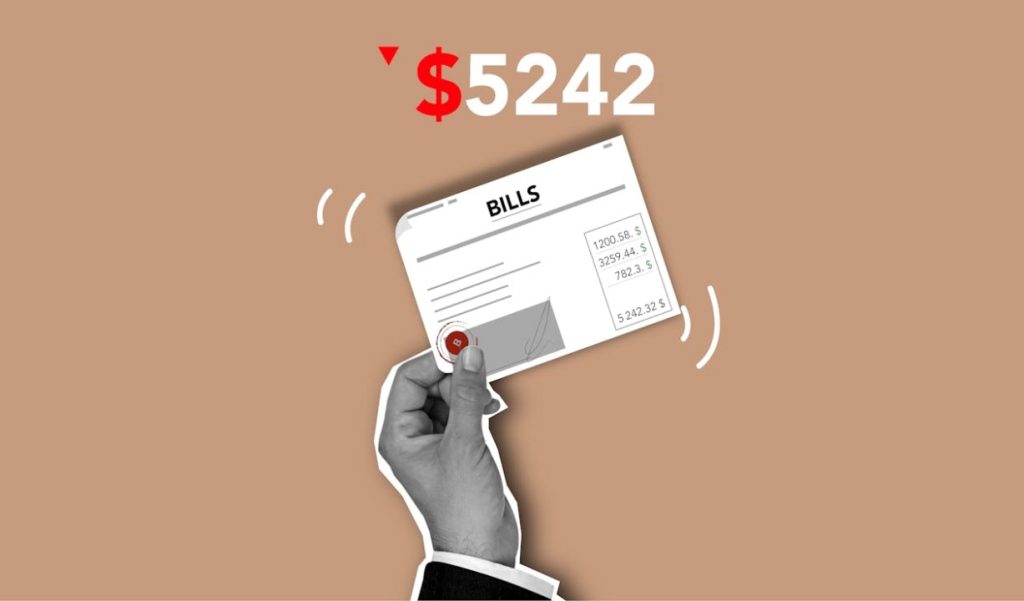8 Hidden Costs of Property Damage Most People Forget About (And How to Recover Them in Houston)

The aftermath of property damage in Houston, whether caused by a hurricane, flood, or severe weather event, can be a stressful and overwhelming experience. While homeowners and business owners typically focus on immediate repairs and replacing damaged belongings, there are often unseen costs that can significantly impact your financial recovery. These hidden expenses can quickly add up, leaving you feeling frustrated and questioning your residential insurance coverage.
This guide sheds light on some of the most common hidden costs associated with property damage and empowers you with strategies. Hence, your residential insurance claim reflects the true cost of recovery.
Beyond Repairs and Replacements: 8 Hidden Costs After Property Damage
1. Temporary Living Expenses
Displaced from your home due to repairs? The cost of temporary housing, including hotels, rentals, or even moving expenses, can add up quickly. The Federal Emergency Management Agency (FEMA)’s Individuals and Households program provided 12,805 housing units as temporary housing assistance in 2018.
What to do: Most homeowner’s insurance policies cover additional living expenses (ALE) incurred while your home is uninhabitable due to covered damage. Carefully review your policy to understand the coverage limits and documentation required for ALE claims.

2. Increased Utility Costs
Depending on the nature of the damage, your utility bills might spike during the recovery process. For example, running a dehumidifier to address moisture damage or using portable heaters during repairs can significantly increase your electricity usage.
What to do: Some insurance policies offer coverage for increased utility costs associated with property damage. Document your increased utility bills and submit them with your claim for reimbursement.
3. Food Spoilage
Power outages or disruptions to your home’s climate control system can lead to food spoilage in your refrigerator and freezer. The cost of replacing lost food can be substantial, especially for families. According to a recent report, an average American family throws away $1,800 worth of food each year.
What to do: While not all policies cover food spoilage, some may offer limited coverage. Check your policy and document any spoiled food with photos and receipts for potential reimbursement.
4. Increased Cost of Living
Disruptions to your daily routine due to property damage can lead to unexpected expenses. For example, you might need to eat out more often or pay for laundry services if your appliances are inaccessible.
What to do: While documenting these incidental expenses can be challenging, keeping receipts for additional out-of-pocket costs may allow you to negotiate with your insurance company for a more comprehensive settlement.
5. Building Code Upgrades
Repairs and renovations might necessitate upgrades to comply with current building codes. These upgrades can be expensive and may not be explicitly covered by your initial policy estimate.
What to do: Discuss potential building code upgrades with your contractor and factor them into your claim estimate to avoid out-of-pocket surprises later. A public adjuster will check if your claim reflects the full cost of repairs, including code-compliant upgrades.

6. Loss of Income (for Businesses)
For businesses, property damage can lead to lost income due to closures or disruptions. While not all insurance policies cover business interruption, some may offer specific endorsements to address this concern.
What to do: Business owners should carefully review their insurance policies and consider business interruption coverage if they are particularly vulnerable to disruptions caused by property damage.
7. Professional Fees
Depending on the complexity of the damage, you might need to hire professionals like electricians, plumbers, or structural engineers to assess the situation.
What to do: While some insurance policies cover the cost of these professional services, clarify this with your insurance company before incurring any expenses.
8. Diminished Value
In some cases, even after repairs are completed, the value of your property might decrease due to the history of damage.
What to do: While not all policies cover diminished value, a public adjuster can investigate the potential impact on your property value and advocate for additional compensation.

Morgan Elite Specialist Services: Your Partner in Houston Property Damage Recovery
Facing property damage in Houston can be daunting. Morgan Elite Specialist Services understands the challenges you face and is dedicated to helping homeowners and business owners navigate the claims process effectively. Their team of experienced public adjusters in Plano, El Paso, Houston and Austin can:
- Identify and document hidden costs associated with your property damage.
- Negotiate with your insurance company, so your claim reflects the full cost of recovery.
- Offer expert guidance and support throughout the claims process, allowing you to focus on rebuilding your life.
Schedule a free consultation with Morgan Elite Specialist Services today and let them help you optimize your recovery after property damage.




